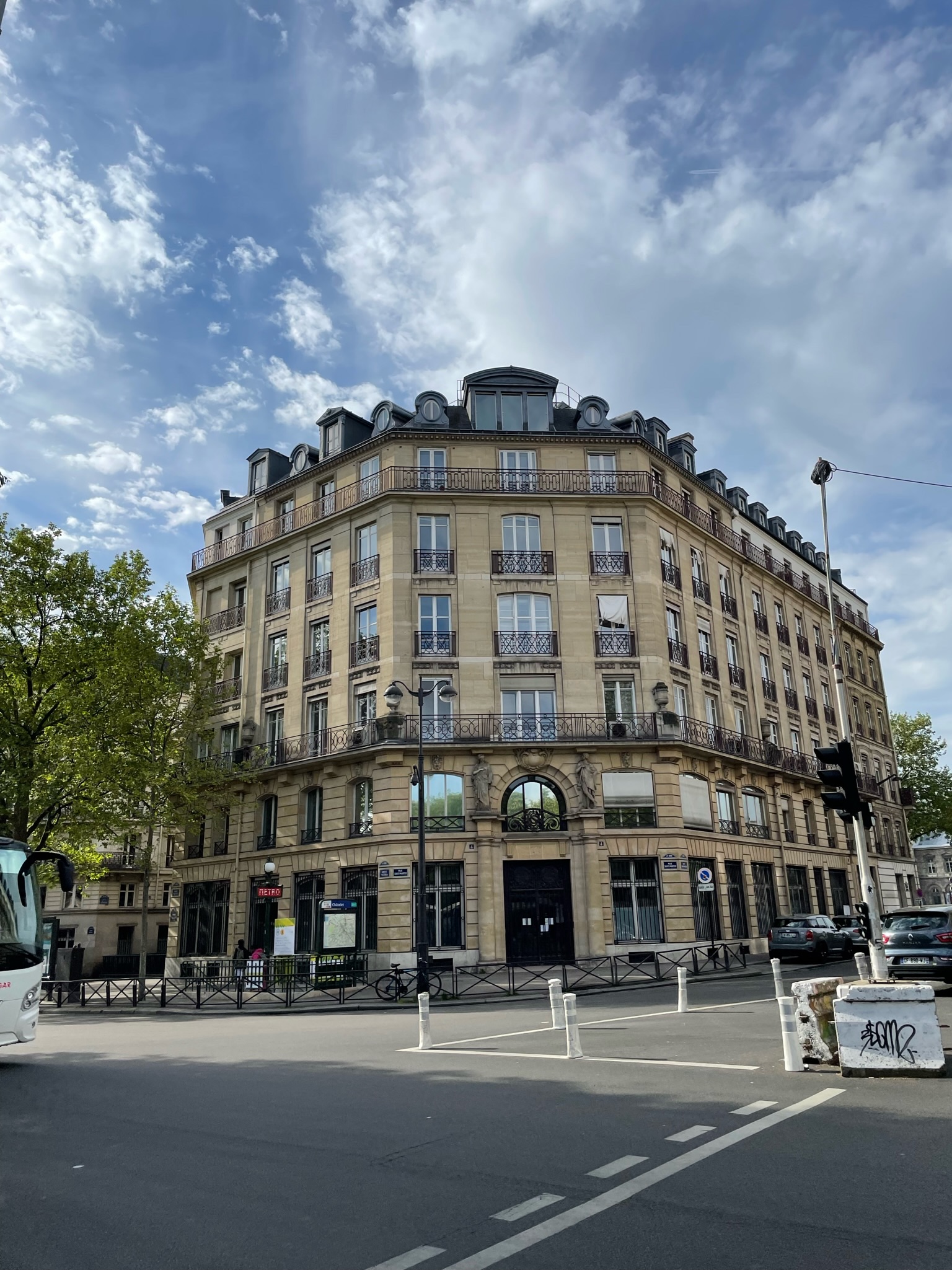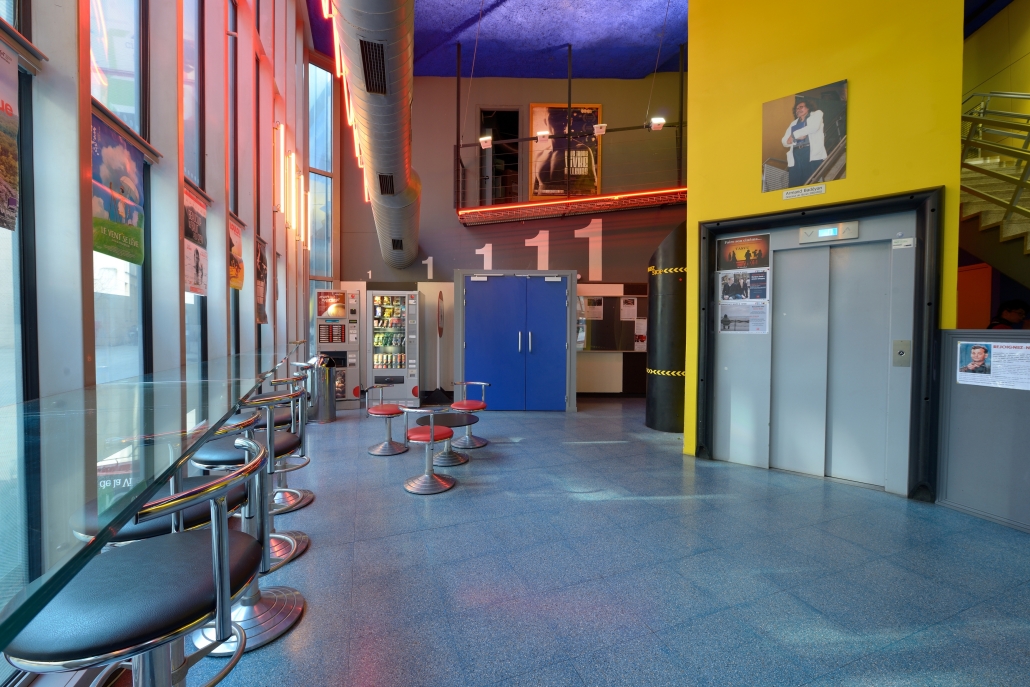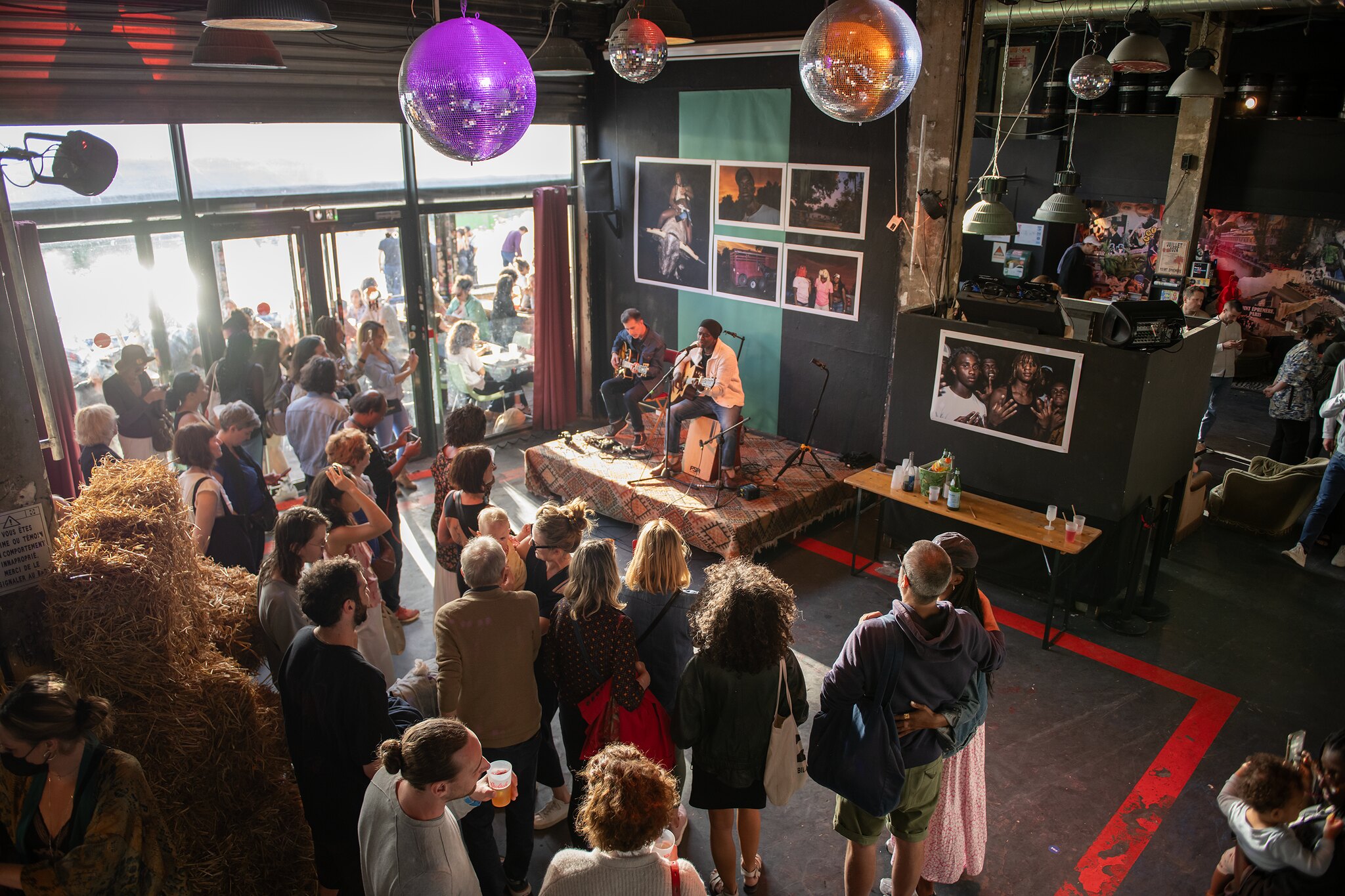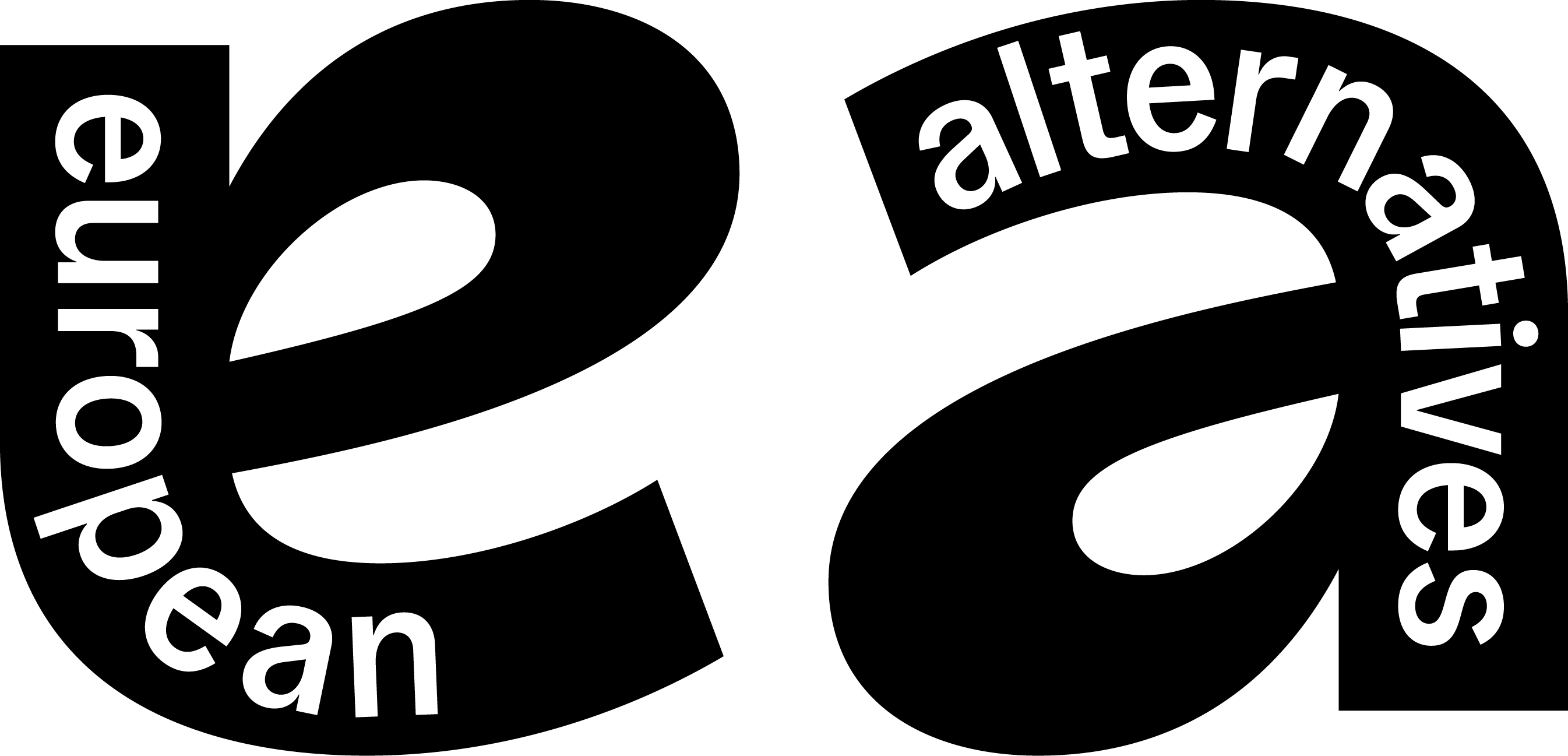Les Arches Citoyennes

Les Arches Citoyennes is a space for work, creation, exchange, and gathering. Over 18 months, until summer 2024, nearly 450 associations, artists, artisans, and Social and Solidarity Economy organizations are occupying the 30,000m² of the former headquarters of APHP, transforming it into a welcoming place. An open, diverse, and friendly program brings the space to life and continually transforms it through various initiatives.
L’Écran Cinema
L’Écran is a public cinema owned by the City of Saint-Denis and programmed by the association Cinéma l’ÉCRAN.
Located in the heart of downtown Saint-Denis (93), l’Écran cinema offers a wide selection of films reflecting current cinematic events and diverse perspectives: French and international films, classics, documentaries, and short films.
A space for dialogue and reflection around cinema, l’Écran hosts year-round discussions with filmmakers and guest speakers, and regularly organises themed evenings in partnership with other cultural institutions and local associations from Saint-Denis.

Point Éphémère

For over 20 years, Point Éphémère has welcomed, transmitted, spread, lived and vibrated to the rhythm of alternative culture. Nestled between the concrete of Paris and the locks of the Canal Saint-Martin, and housed in the former docks and headquarters of Point P, this unique venue is in constant transformation, shaped by the events it hosts.
Concerts, parties, live performances, exhibitions, club nights, games, residencies… The Point Éphémère team has always strived to support emerging culture and contemporary creation, guided by a spirit of independence and openness — values that have made this multidisciplinary center a key cultural player in the capital.

